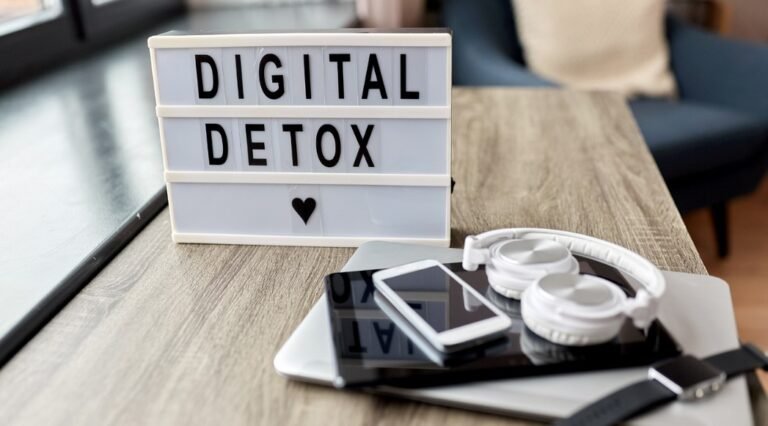As technology continues to advance, our lives have become more intertwined with screens than ever before. From smartphones and laptops to televisions and tablets, screens dominate our daily routines from the moment we wake up until we go to bed at night. While these devices have made our lives more convenient in many ways, they also come with a downside – increased screen time can negatively impact our mental health.
The Effects of Excessive Screen Time on Mental Health
Spending too much time staring at screens can lead to a variety of negative effects on our mental well-being. One of the most common consequences is an increase in stress and anxiety levels. Constantly checking emails, scrolling through social media feeds, and responding to messages can create a sense of urgency and pressure that can cause stress and anxiety to build up over time.
Additionally, excessive screen time has been linked to disrupted sleep patterns. The blue light emitted from screens can suppress the production of melatonin, the hormone responsible for regulating our sleep-wake cycles. This can make it harder for us to fall asleep at night, leading to fatigue and irritability throughout the day.
Furthermore, constantly being connected to screens can also contribute to feelings of loneliness and isolation. While social media may give us a false sense of connection, it often lacks the depth and meaningful interactions that come with face-to-face communication. This can leave individuals feeling disconnected from real-life relationships and may even lead to symptoms of depression.
Benefits of a Digital Detox
Taking a break from screens and reducing our screen time can have numerous benefits for our mental health. Firstly, it allows us to disconnect and recharge, giving our brains a much-needed break from the constant stimulation and information overload that comes with excessive screen use. This can help reduce stress and anxiety levels and improve overall mental clarity.
A digital detox also gives us the opportunity to be more present in the moment and engage in activities that we may not have time for when constantly connected to screens. This could include spending quality time with loved ones or pursuing hobbies and interests that bring joy and fulfillment.
Moreover, reducing screen time can also improve sleep quality. By limiting exposure to blue light in the evening, our bodies can produce melatonin more effectively, leading to better sleep and increased energy during the day.
Tips for a Successful Digital Detox
If you’re ready to reduce your screen time and reap the benefits of a digital detox, here are some tips to help make it successful:
- Set clear boundaries: Decide on specific times of day when you will disconnect from screens, such as an hour before bed or during meal times.
- Find alternative activities: Make a list of activities that you enjoy doing without screens, such as reading, cooking, or spending time outdoors.
- Turn off notifications: Constant notifications can be distracting and pull us back to our screens. Consider turning off notifications or limiting them to important calls and messages.
- Create a tech-free zone: Designate certain areas of your home as screen-free zones, such as the bedroom or dining room.
- Start small: Don’t feel like you have to go completely offline for days at a time. Start with shorter periods of screen-free time and gradually increase it as you become more comfortable.
Conclusion
While screens have become an integral part of our daily lives, excessive screen time can take a toll on our mental health. Taking breaks from screens and reducing our overall usage through a digital detox can bring numerous benefits, including reduced stress and anxiety levels, improved sleep quality, and increased presence at the moment. By setting clear boundaries and finding alternative activities, we can successfully disconnect from screens and improve our overall well-being. So, it is important to prioritize digital detox and find a healthy balance with technology usage in order to maintain our mental clarity. Let’s take small steps towards reducing screen time for a healthier and happier life!

